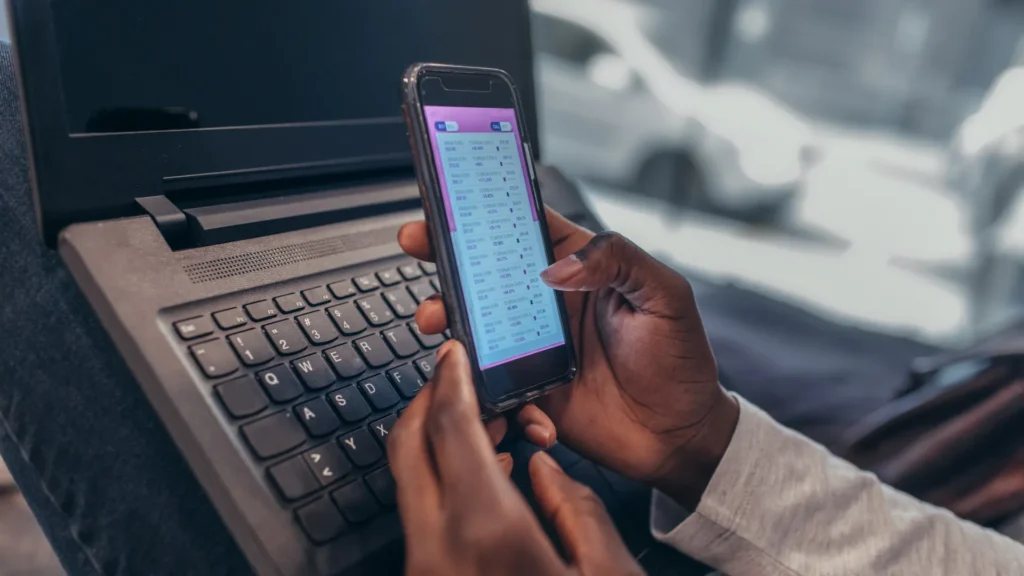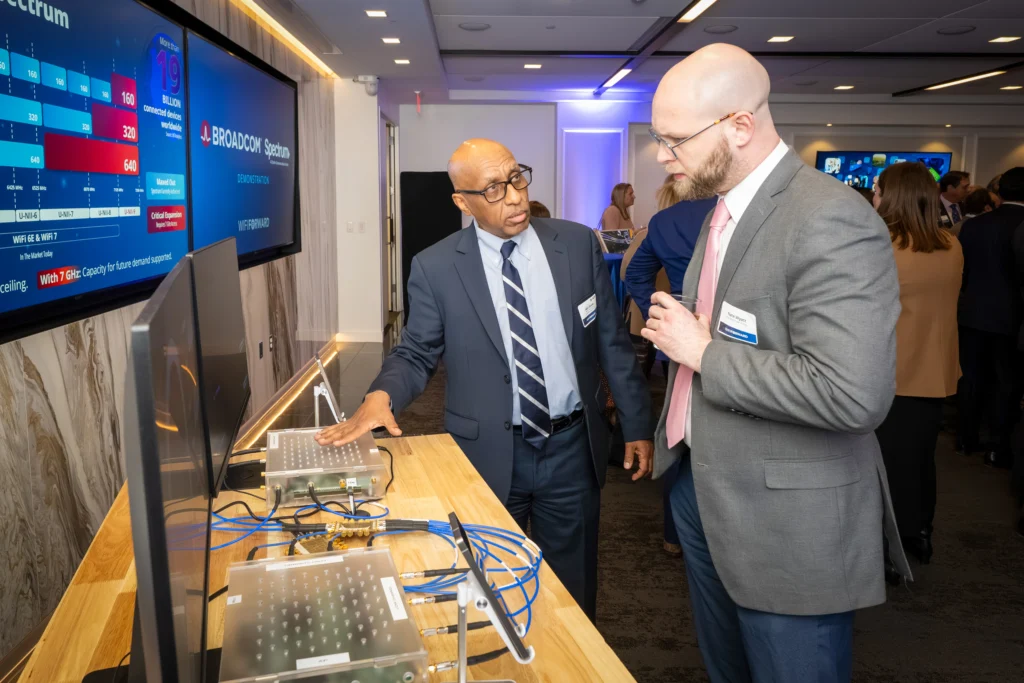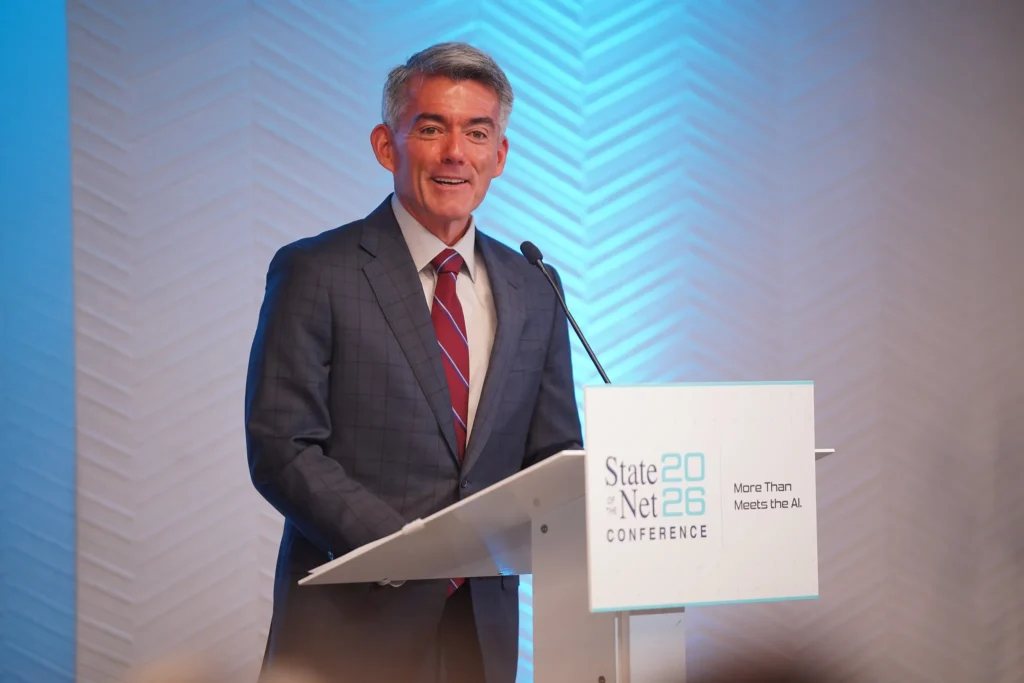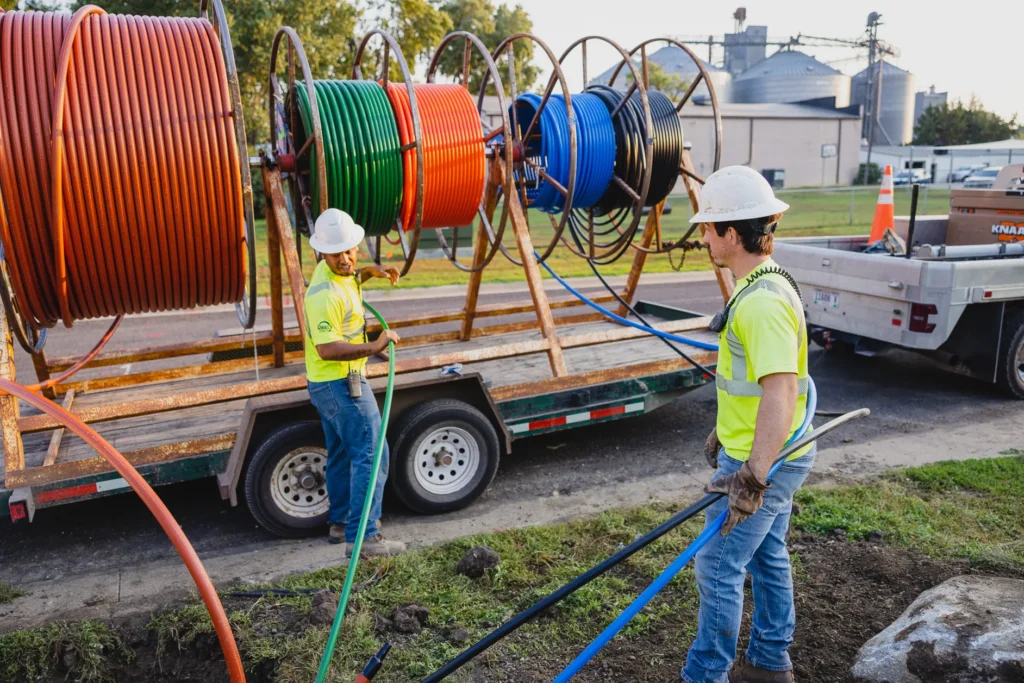The adoption of the Open Internet Order has triggered much discussion about one of our favorite topics – pole attachments. As this is one of the most arcane topics within the FCC’s jurisdiction, it is not surprising that the public discourse is not always entirely accurate. We want to set the record straight.
Cable has advocated for low pole attachments rates for decades because it is essential to speed and lower the cost of broadband deployments, particularly in less dense, rural areas. We don’t own utility poles ourselves. Instead, we have long supported and depend upon the Communications Act provision that ensures our fair access to poles owned by the local utility or telephone company.
That’s why we are particularly puzzled by comments by Chairman Wheeler that we are blocking access to poles by our competitors. Twice in recent hearings, the Chairman has suggested that cable operators have denied competitors access to poles and that the net neutrality order fixes this problem.
But the facts are otherwise. For starters, cable operators are not denying access to poles. As noted above, with rare exception, cable operators do not even own poles. Rather, like other competitors, they attach their facilities to poles owned by electric utilities and telephone companies. We are unaware of any case where a cable operator has denied pole access to another company and it is unfortunate that the Chairman continues to suggest otherwise.
“Cable has advocated for low pole attachments rates for decades because it is essential to speed and lower the cost of broadband deployments.”
It’s all the more unfortunate because there is a real problem that has been created by the FCC’s decision to reclassify broadband as a Title II telecommunications service. The sum and substance of the problem is that the FCC’s action now allows pole owners to demand higher pole rental fees from cable broadband providers. As the FCC acknowledged in the Open Internet Order, reclassification creates the potential for increases in the pole attachment rates paid by cable operators (by our estimates as much as $200 million annually), which would have a negative effect on deployment and increase consumer bills.
Unfortunately, while the FCC acknowledged this problem and noted that this result was not its “intent,” it failed to take the necessary action to fix it. Specifically, NCTA and COMPTEL filed a still-pending petition in 2011 that would mitigate the effect of the agency’s reclassification. Granting this petition would ensure that all parties that attach to utility poles, not just cable operators, pay the lowest rate possible.
We hope the recent mischaracterizations will not distract the Commission from moving forward on this now four-year-old petition so as to protect consumers from rising costs that will be directly attributable to the Commission’s recent action.









